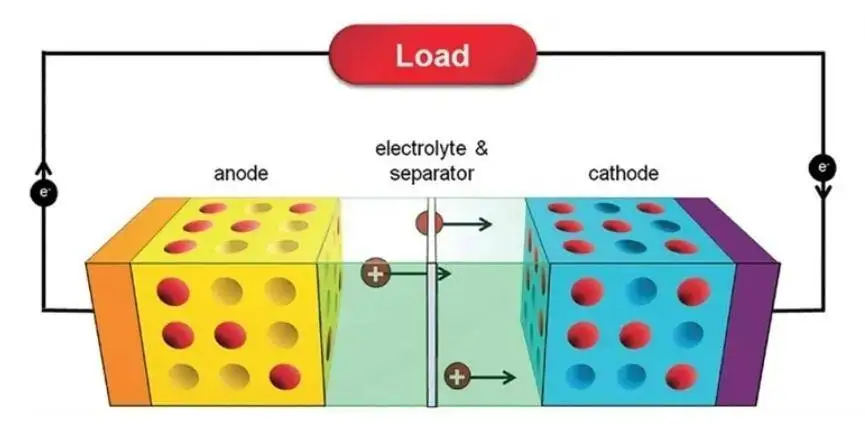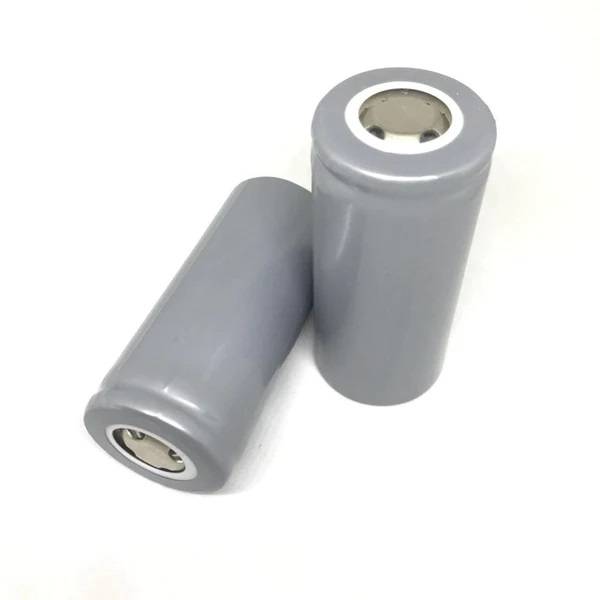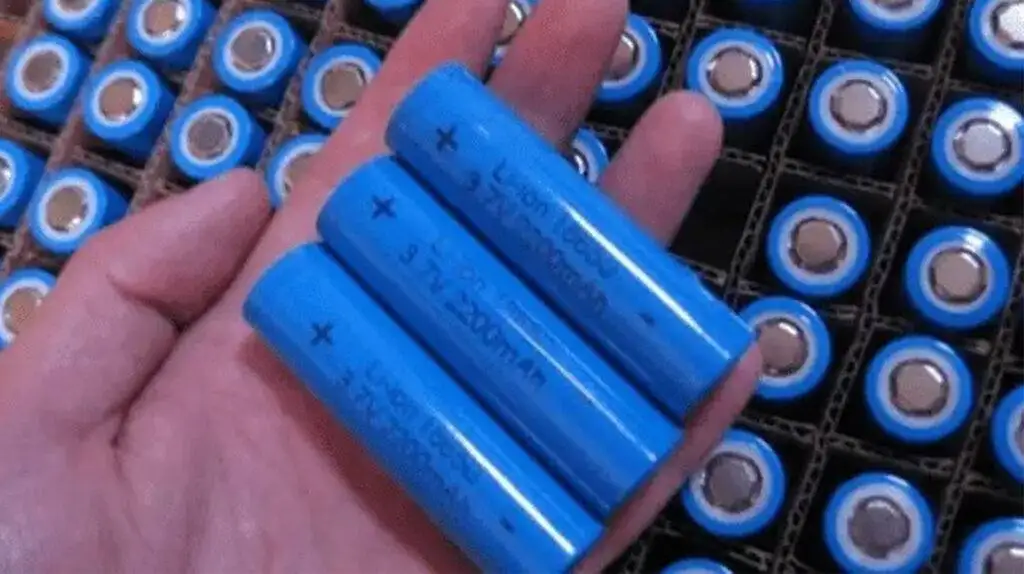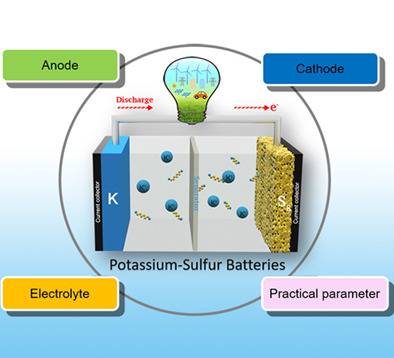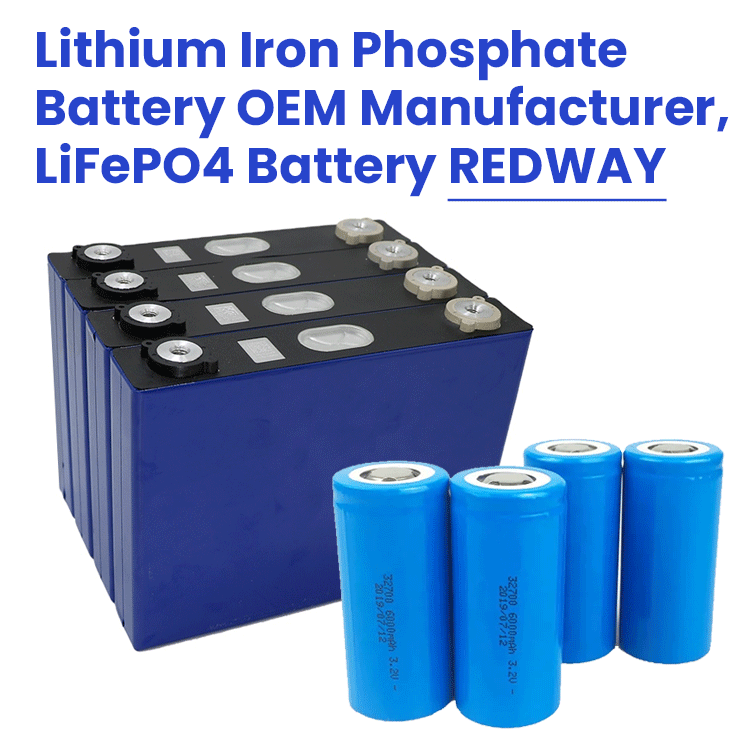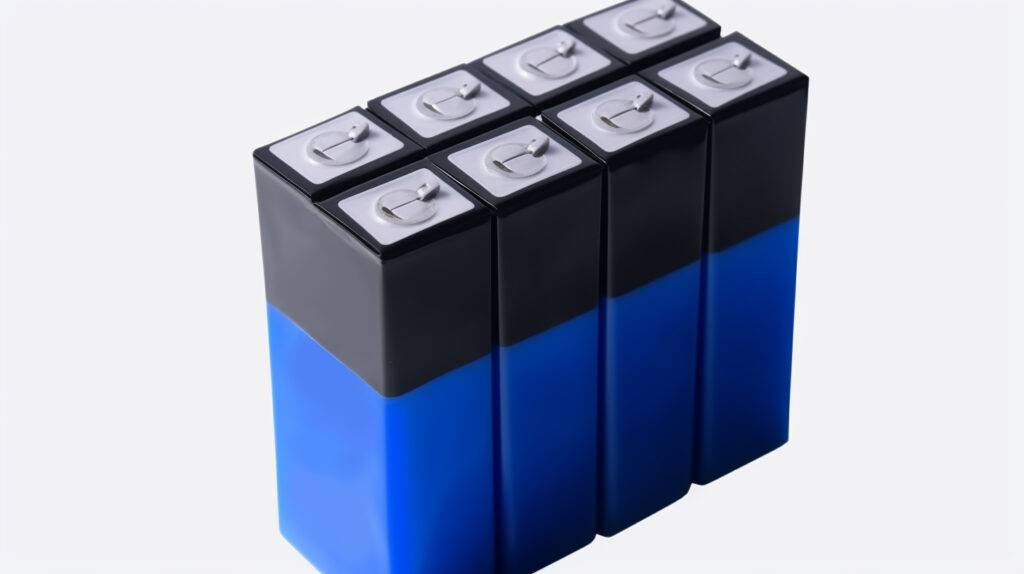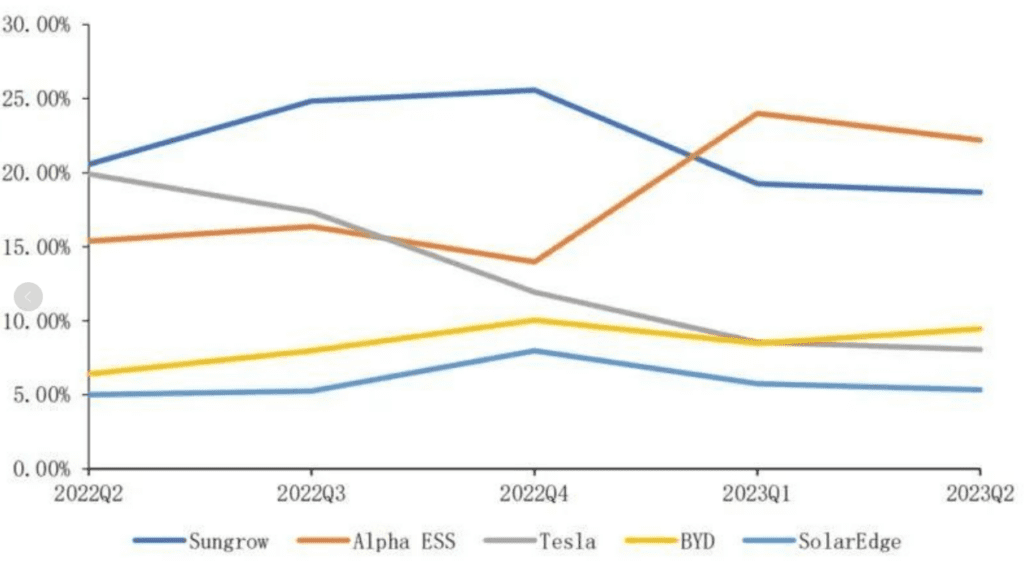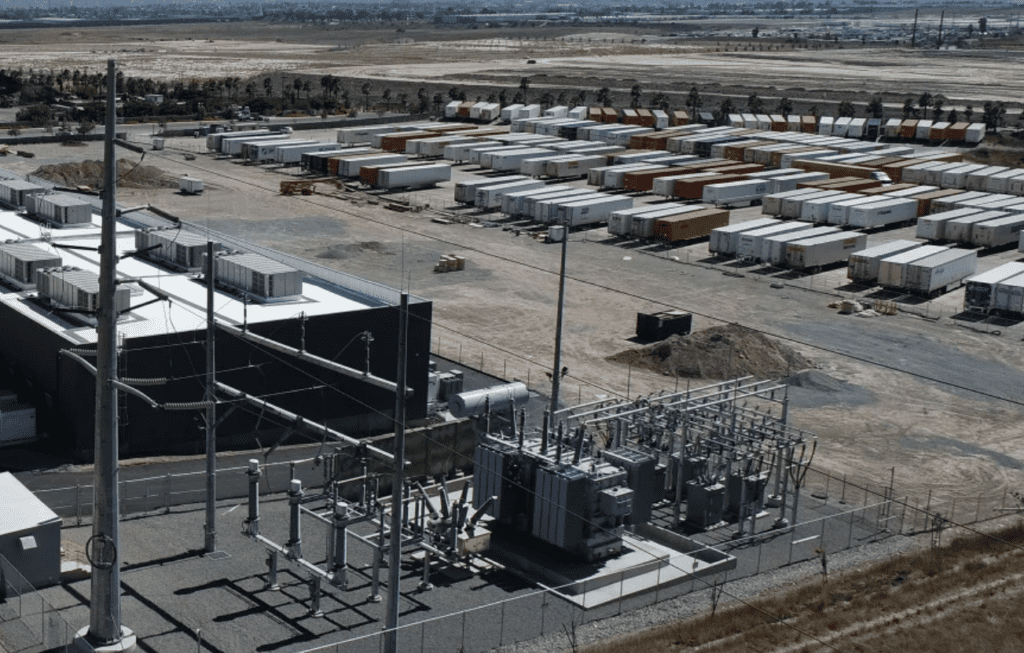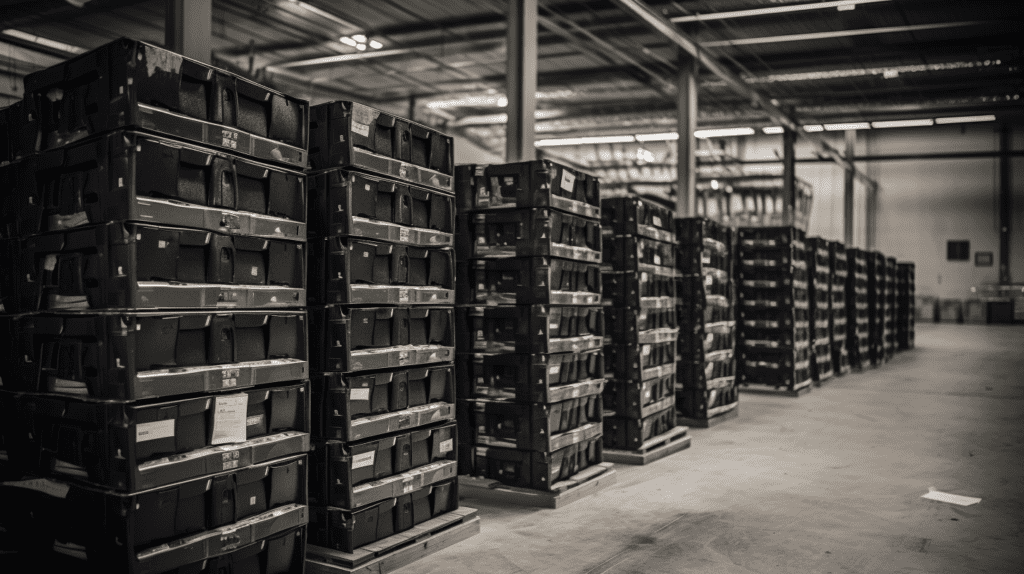Explore a groundbreaking development in battery technology as a Chinese research team introduces a viscoelastic inorganic glass electrolyte, addressing challenges faced by solid-state batteries. This innovation could revolutionize industries, enhancing safety and energy density.
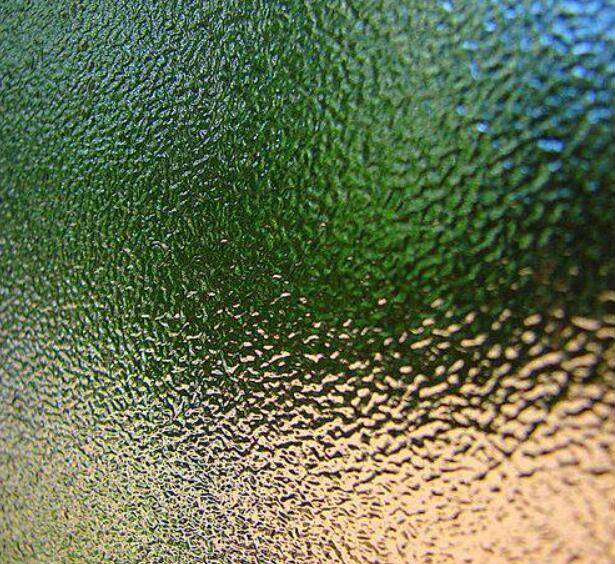
Introduction
A research team led by Professor Hu Yongsheng from the Institute of Physics, Chinese Academy of Sciences (IOP), has achieved a significant breakthrough in the field of solid-state batteries. Their research on a new type of viscoelastic inorganic glass (VIGLAS) electrolyte has been published in the journal “Nature Energy.”
Why Solid State Batteries is revolutionary
Solid-state batteries are often hailed as the next-generation disruptive battery technology, providing a promising solution to the safety issues of traditional liquid lithium-ion batteries while significantly improving energy density. This technological achievement has the potential to revolutionize key industries, including electric vehicles, energy storage, and mobile devices.
Challenges faced by Solid State Batteries
However, the practical implementation of solid-state batteries faces several key challenges related to interface stability and manufacturing costs. For instance, organic polymer solid-state batteries exhibit impressive mechanical stability at interfaces but fall short in terms of chemical stability. This limits their energy density, primarily due to compatibility issues with high-voltage cathodes.
On the other hand, commercially viable inorganic sulfide solid-state batteries, while promising, suffer from the drawback of high manufacturing costs. Additionally, they require operation at extremely high pressures, often reaching several tens of atmospheres, which poses a significant challenge on the path to commercialization.
Solution
Therefore, finding new electrolyte materials that can effectively address these issues becomes crucial in advancing solid-state battery technology.
In this research, the researchers successfully transformed the sophisticated room-temperature molten salts, LiAlCl4 and NaAlCl4, into viscoelastic glasses called LiAlCl2.5O0.75 (LACO) and NaAlCl2.5 O0.75 (NACO) by introducing oxygen atoms in place of certain chlorine atoms.

